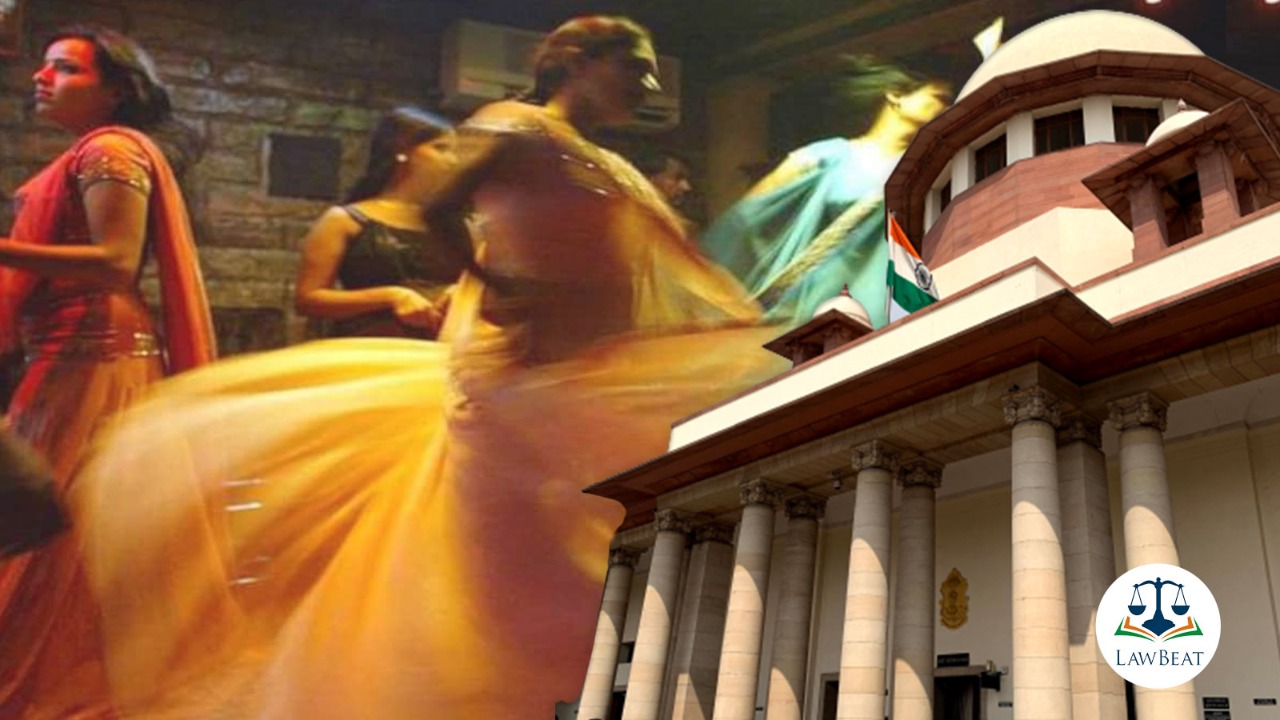Law imposing gender-cap for employment in bars stems from stereotypical notions, Supreme Court says

The Supreme Court on Friday held that the condition allowing a bar licensee in the State of Maharashtra to keep only four women singers/artists and four male singers/artists to remain present on permitted stage was void.
A bench of Justices KM Joseph and S Ravindra Bhat held that the impugned gender-cap appeared to be the product of a stereotypical view that women who perform in bars and establishments, like the appellants, belong to a certain class of society.
"...the condition imposing a gender cap as to the number of women or men, who can perform in orchestras and bands, in bars licensed under the Rules, 1960 and other allied provisions, is void. While the overall limit of performers in any given performance cannot exceed eight, the composition (i.e., all female, majority female or male, or vice versa) can be of any combination...", held the court while allowing an appeal filed by one Hotel Priya.
Hotel Priya, the appellants were operating restaurants and bars with the requisite licenses/permissions. Orchestra performances were a common feature in their premises, hence, went by the appellation “Orchestra Bars”.
Such establishments were required to secure Premises and Performance licenses under Licensing and Performance for Public Amusement including Cabaret Performance, Melas and Tamashas Rule, 1960 (“Rules, 1960”) framed under the Maharashtra Police Act, 1951 (“Act, 1951”).
The Commissioner of Police, Brihan Mumbai, exercising powers under Section 33 (1) (w)(i) and (w)(ii), Section 162(1) of Act, 1951 read with Rule 108A, 109, 118, 207 and 209 of the Rules, 1960, in addition to the existing conditions mentioned in the Premises License, added several conditions.
Certain conditions were challenged by Hotel Priya. They were as follows:
(1) The licensee is permitted to keep only four women singers/artists and four male singers/artists to remain present on permitted stage. (2) Only eight artists are permitted to remain present on the permitted stage (four male and four women).
Before the High Court, Hotel Priya had contended that identification of particular number of artists or imposing any restrictions on the number of artists, whether male or female, has no bases either in Act, 1951 or Rules, 1960 and violates Article 14 and Article 19(1)(g) of the Constitution of India.
This challenge was disallowed.
Relying on Anuj Garg & Ors. v. Hotel Assciation of India & Ors. wherein the court examined restrictions on women’s employment in the context of the state’s arguments that such measures were necessary, to protect them from injury, it was observed,
"36. we do not intend to further the rhetoric of empty rights. Women would be as vulnerable without State protection as by the loss of freedom because of the impugned Act. The present law ends up victimising its subject in the name of protection. In that regard the interference prescribed by the State for pursuing the ends of protection should be proportionate to the legitimate aims. The standard for judging the proportionality should be a standard capable of being called reasonable in a modern democratic society.
37. Instead of putting curbs on women's freedom, empowerment would be a more tenable and socially wise approach. This empowerment should reflect in the law enforcement strategies of the State as well as law modelling done in this behalf.”
The Court held that the justification provided by the State of Maharashtra, to sustain the restriction, in so far as they claim to protect the women, lay it open to the charge of entombing their aspirations.
"In case there were any real concern for the safety of women, the state is under a duty - as highlighted by Anuj Garg, to create situations conducive to their working, to run that extra mile to facilitate their employment, rather than to thwart it, and stifle their choice. Such measures – which claim protection, in reality are destructive of Article 15 (3) as they masquerade as special provisions and operate to limit or exclude altogether women’s choice of their avocation", added the Bench.
With this view, the court went on to note that it is the task of the judges to scrutinize closely, whether, if and the extent to which the impugned practices or rules or norms are rooted in historical prejudice, gender stereotypes and paternalism. It added,
"Such attitudes have no place in our society; recent developments have highlighted areas hitherto considered exclusive male “bastions” such as employment in the armed forces, are no longer so. Similarly, in the present case, this court holds that the gender cap imposed by the impugned condition is void. One hopes that the present judgment would still a lingering and discordant note of a cymbal silenced long back, by previous judgments of this court."
Accordingly, the appeal was allowed and the impugned condition was set aside.
Cause Title: HOTEL PRIYA, A PROPRIETORSHIP v. STATE OF MAHARASHTRA & ORS.
